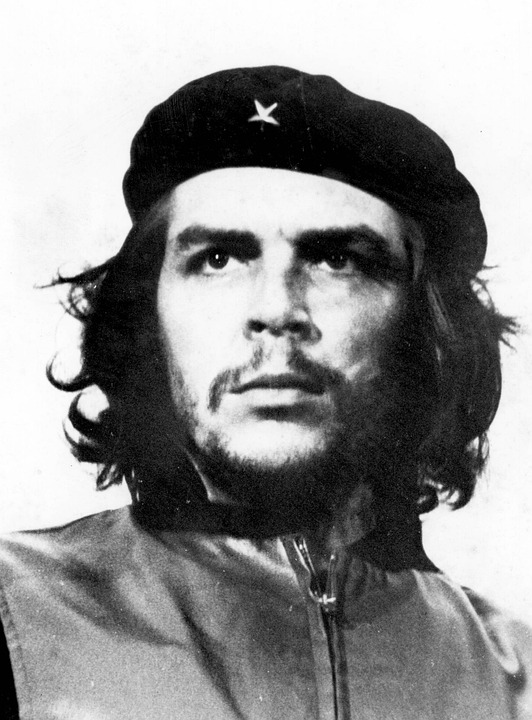Introduction to the Revolutionary Communist Party
The Revolutionary Communist Party, known as the RCP or Revcom, is a controversial entity that has made ripples in political discussion circles. Known for its staunch and extreme beliefs rooted deeply in communism, the party dares to challenge the status quo. Advocating for a radical reconstruction of society through what it refers to as a “proletarian revolution,” the RCP is a stark departure from mainstream political leanings. This article seeks to unearth the controversial antecedents of the Revolutionary Communist Party.
Early Beginnings
Occupying a space on America’s radical left wing political landscape since the 1970s, the Revolutionary Communist Party boasts a rich history. Founded by Bob Avakian, a former student activist turned radical communist, the RCP’s rise can be traced back to the Bay Area Revolutionary Union, a smaller faction that later grew into the radical party we see today. Avakian, as the party’s Chairman, remains a dominant figure within the RCP, with his beliefs and ideologies shaping party activities and objectives.
The RCP’s Political Vision
The Revolutionary Communist Party has a political vision that is characterized by unyielding extremism. Rejecting the capitalist system, it calls for a society where humanity takes precedence over profits. They believe such a revolution can lead to an end to all forms of social inequality, including racism, sexism, and classism. This egalitarian vision, they claim, can only be realized through a ‘new socialist republic,’ which would bring about ‘radically new’ state institutions and an economy driven by social need – not by profits.
The Party’s Controversial Tactics
Despite its seemingly noble goal of social equality, the Revolutionary Communist Party has often been at the center of controversy. Their methods of achieving social change have been criticized as violent and disruptive, tending toward a ‘by any means necessary’ approach. Critics point towards the RCP’s endorsement of violent initiatives and its confrontational style of protest as evidence of its radical and dangerous brand of communism.
The RCP and Maoism
One significant controversy surrounding the RCP is related to its stance on Maoism, a political theory derived from the teachings of the late Chinese communist leader, Mao Zedong. While the party initially held a pro-Mao stance, it subsequently moved away from Maoist thought, causing division within the party and leading to a factional split in the mid-1980s. Today, the RCP positions itself against “revisionist” communist movements, including some interpretations of Maoism and Stalinism.
The Influence of Bob Avakian
Perhaps the most significant controversy surrounding the Revolutionary Communist Party is its leader, Bob Avakian. Avakian’s strong influence over the party and its members has led some critics to characterize the RCP as a ‘cult of personality.’ Avakian is the author of the party’s constitution and is seen by some as exercising an inappropriate level of control over the RCP.
Contemporary Relevance
Despite its controversial past, the Revolutionary Communist Party still exerts influence within the radical left movement in the United States today. Its members often involve themselves in protest actions and demonstrations, particularly those linked to racial inequality and police brutality. The party’s continued relevance, despite its extreme beliefs, is a testament to the resilience of its core ideologies.
Conclusion
In conclusion, the Revolutionary Communist Party presents an intriguing study in radical politics. Its controversial antecedents, radical beliefs, and the influential personality of Bob Avakian make it a potent force within the landscape of left-wing political extremism. Isn’t it remarkable how the pursuit of an egalitarian society can sometimes veer off into such extreme directions? Though often maligned for their militancy and controversial means, entities like the RCP doubtlessly add layers to the spirited conversation that is politics.




